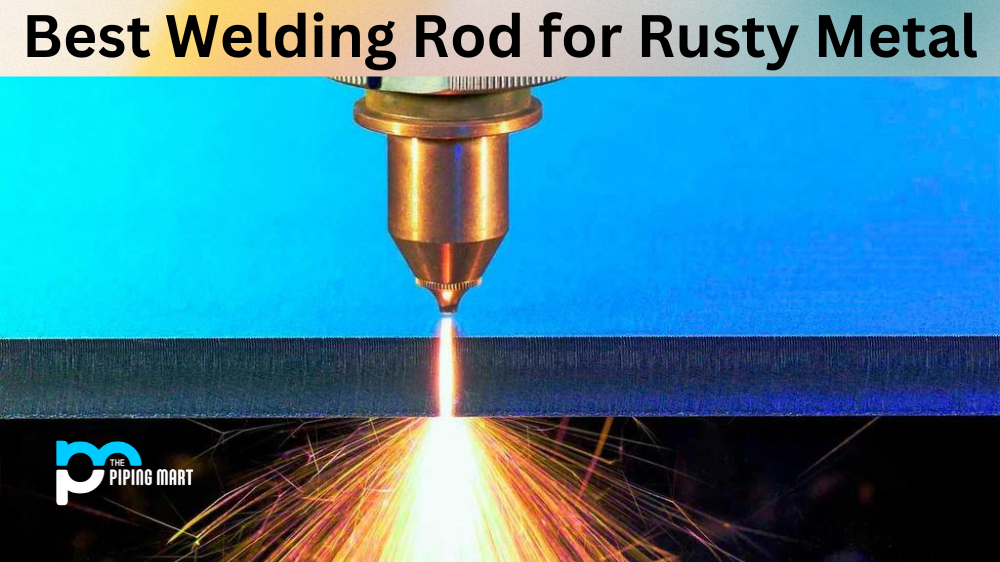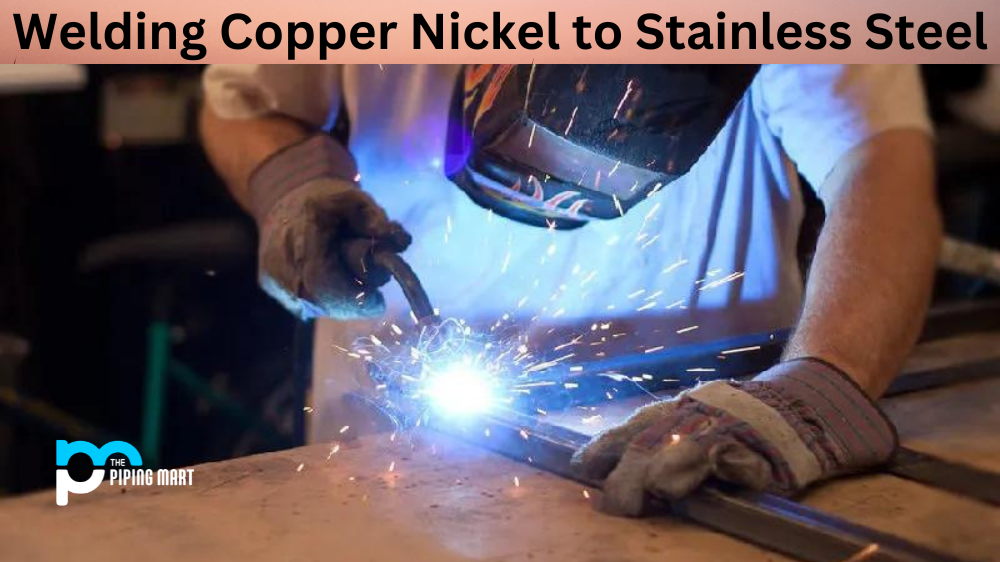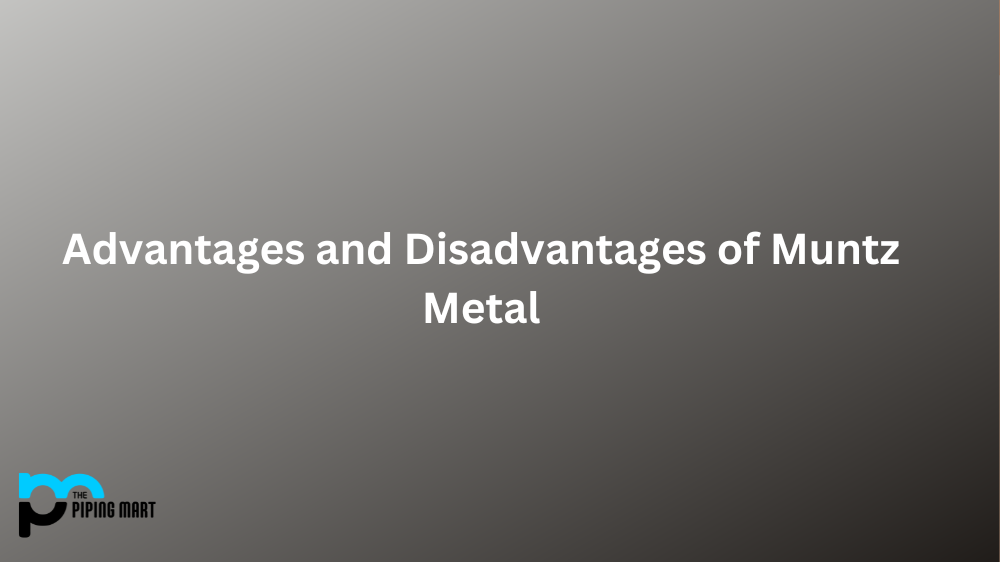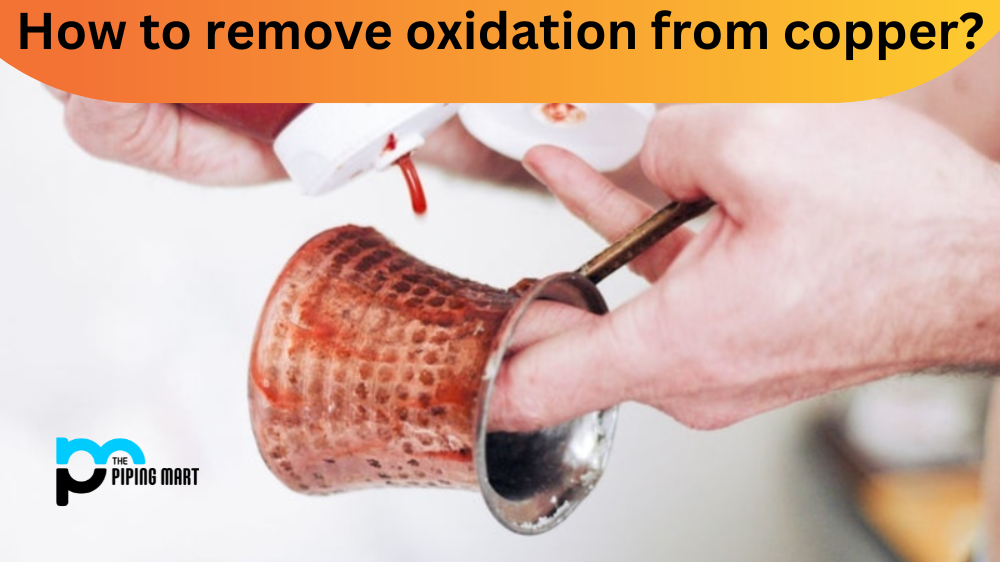Are you struggling to find the right welding rod to repair rusty metal? With so many options in the market, choosing the right one can be overwhelming. As a welder, you know how important it is to pick the right welding rod to achieve a strong and long-lasting bond. Fortunately, this blog post help you find the best welding rod for rusty metal.
Understanding the Different Types of Welding Rods
The first step in finding the best welding rod for rusty metal is understanding the different types of welding rods available in the market. Welding rods are categorized based on their composition, strength, and suitability for specific applications. The most common types of welding rods are E6010, E6011, E7018, and E7024. These welding rods differ in composition, including the amount of flux coating, electrode diameter, and the filler metal used.
Picking the Right Welding Rod Diameter
The diameter of the welding rod you choose depends on the metal thickness you intend to weld. Choosing a smaller-diameter welding rod is advisable if you’re working with thinner metals. On the other hand, thicker metals require larger diameter rods to achieve deeper penetration. The most common diameters for welding rods for repairing rusty metals are 1/16 inch, 3/32 inch, and 1/8 inch.
Selecting the Right Flux Coating
When picking the right welding rod for rusty metal, looking at the flux coating is important. The flux coating protects the electrode from contamination and serves as a cleaning agent that helps remove rust and other impurities from the metal. For repairing the rusty metal, it’s recommended to use a welding rod with high cellulose content, as it offers superior rust removal and has excellent arc characteristics.
Match the Welding Rod to the Type of Metal
Before you start welding, ensure that you match the welding rod to the type of metal you intend to repair. Metals have different properties and may require specific welding rods for successful repairs. For example, when repairing rusty steel, it’s recommended to use a welding rod with high tensile strength and high penetration capabilities.
Practice Your Welding Technique
Finally, practising your welding technique ensures you achieve the desired results. No matter how good the welding rod is, you will likely achieve a strong and long-lasting bond with the proper welding technique. Invest in practising your welding technique using scrap metal before working on the rusty metal project.
Conclusion
In conclusion, finding the best welding rod for rusty metal requires understanding the different types of welding rods, choosing the right diameter, selecting the appropriate flux coating, matching the rod to the type of metal you intend to repair, and practising your welding technique. By doing so, you can achieve a strong and long-lasting bond that can withstand the test of time. With these tips, you’re now ready to tackle any rusty metal welding project that comes your way.

Hey, I’m Krutik, a casual blogger expert in the metal industry. I am passionate about providing valuable information to my readers. With a background in engineering and construction, I like playing Cricket & watching Netflix shows in my free time. Thank you for visiting my blog, and I hope you find my information helpful!




